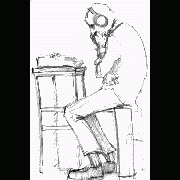UNIQUE ELEMENTS IN ARRAY - (Moved)
-
Recently Browsing 0 members
- No registered users viewing this page.
-
Similar Content
-
- 6 replies
- 198 views
-
- 12 replies
- 540 views
-
- 6 replies
- 666 views
-
- 1 reply
- 572 views
-
- 4 replies
- 903 views
-





Recommended Posts
Create an account or sign in to comment
You need to be a member in order to leave a comment
Create an account
Sign up for a new account in our community. It's easy!
Register a new accountSign in
Already have an account? Sign in here.
Sign In Now